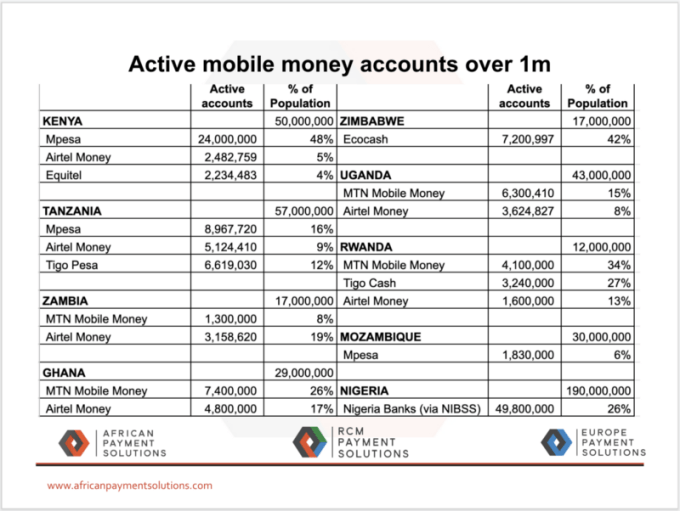It’s been a rollercoaster ride for Ethiopia’s state-owned telecoms company, Ethio Telecom, which in May this year launched a mobile money service, Telebirr. According to the company’s CEO Firehiwot Tamru, telebirr now has over 9.5 million users and is growing, with 938 million birr ($20m) transacted through the service. Ethio telecom has equally received the much-anticipated permit from the National Bank of Ethiopia to launch an international remittance service, according to trusted sources.

To that end, Ethio Telecom is attempting to link its system with that of its international partners, a procedure that is currently being tested. Ethio Telecom had planned to provide the service by the end of the year, but unforeseen circumstances have hampered the telecom service provider.
Customers will be able to receive money from abroad once telebirr begins offering the service.
Read also Ethio Telecom Goes For Ethiopia’s Remittance License, Targets Lending Using Telebirr
Telebirr users, both registered and unregistered, can send and receive international money transfers. Customers can receive money from friends and relatives who live overseas via their mobile number.
Already, 26,442 agents have provided telebirr services across the country, and the platform has been integrated by eight banks.
The new service, telebirr, will mark a shift for Ethiopia, where the banking system is seen as inefficient, with 19 commercial banks serving a population of about 115 million people, according to the Telecommunications CEO. To this aim, tele birr is predicted to account for approximately half of Ethiopia’s total GDP, or 3.5 trillion birr($75.3bn) in transactions, during the next five years.

The Latest Foray Into Mobile Money And Remittance Operations By Ethio Telecom Comes On The Heels Of The Loosening Of The Country’s Regulatory Barriers
In October 2020, after series of negotiations and deliberations, the National Bank of Ethiopia (NBE), granted a license to state-owned telecoms company, Ethio Telecom, to start mobile money service in the country.
This followed the issuance, in April 2020 by the bank, of a regulation called Licensing & Authorization of Payment Instrument Issuers.
For the first time in Ethiopia’s history, the regulation allowed mobile money transactions. However, there is a caveat: any company interested in the new financial service regime must set up a trust account with a deposit money bank in Ethiopia.
“As part of the application process,” the directive read, in parts, “the National Bank, may request for a preliminary meeting and demonstration of the intended payment instrument to be issued, its related services, products as well as operation. Based on requests made and written approval of the National Bank, a payment instrument issuer may be allowed to provide cash-in and cash-out; local money transfers including domestic remittances, load to card or bank account, transfer to card or bank account; domestic payments including purchase from physical merchants, bill payments; over-the-counter transactions; and inward international remittances services.”
The regulation has also opened up the country’s financial services sector to include that a licensed payment instrument issuer may, with the relevant agreement with regulated financial institutions and pension funds, be allowed to provide micro-saving products; micro-credit products; micro-insurance products; or pension products in the country.
Read also:MainOne’s Cloud Connect to Increase Business Connectivity in West Africa
The National Bank of Ethiopia also issued, that same year, a “Licensing and Authorisation of Payment System Operators Directive (ONPS/02/2020), allowing financial technology companies (fintechs) to start off payment processing and related services in Ethiopia.
Five licenses under the payment system operator directive include National Switch, Switch Operator, ATM Operator, POS Operator, and payment gateway license.
Telebirr remittance mobile money Telebirr remittance mobile money
Charles Rapulu Udoh

Charles Rapulu Udoh is a Lagos-based lawyer who has advised startups across Africa on issues such as startup funding (Venture Capital, Debt financing, private equity, angel investing etc), taxation, strategies, etc. He also has special focus on the protection of business or brands’ intellectual property rights ( such as trademark, patent or design) across Africa and other foreign jurisdictions.
He is well versed on issues of ESG (sustainability), media and entertainment law, corporate finance and governance.
He is also an award-winning writer
